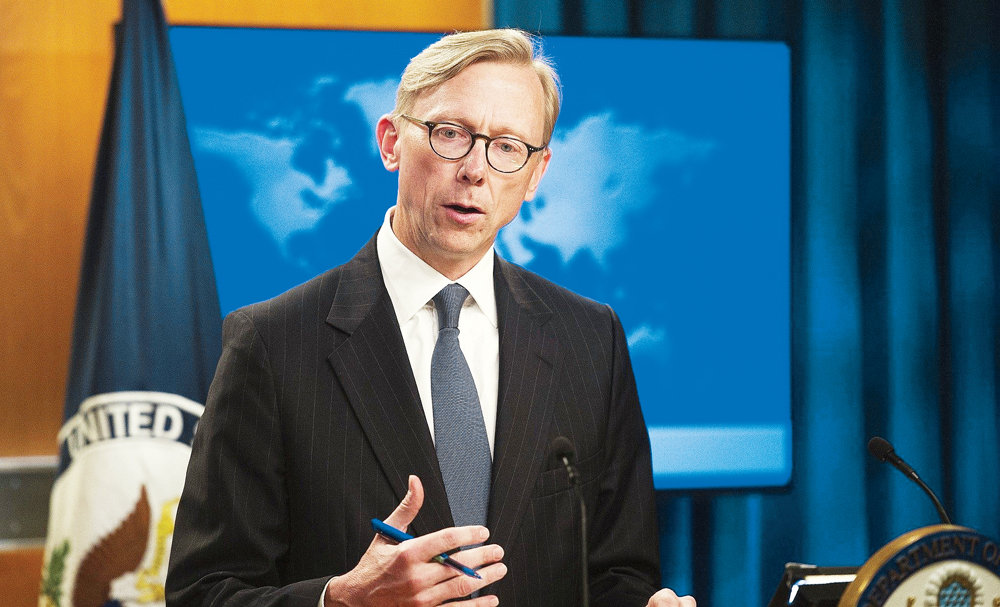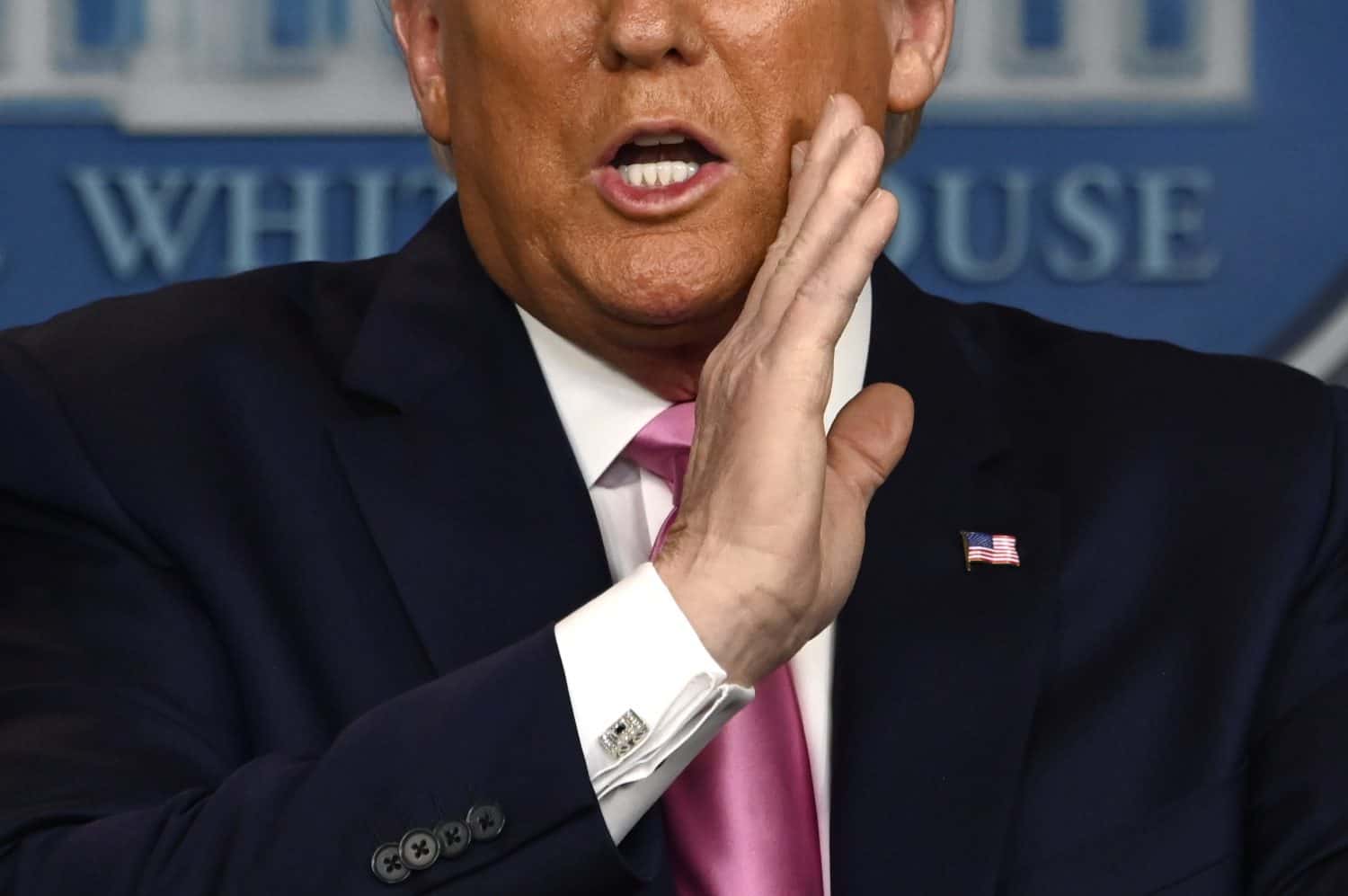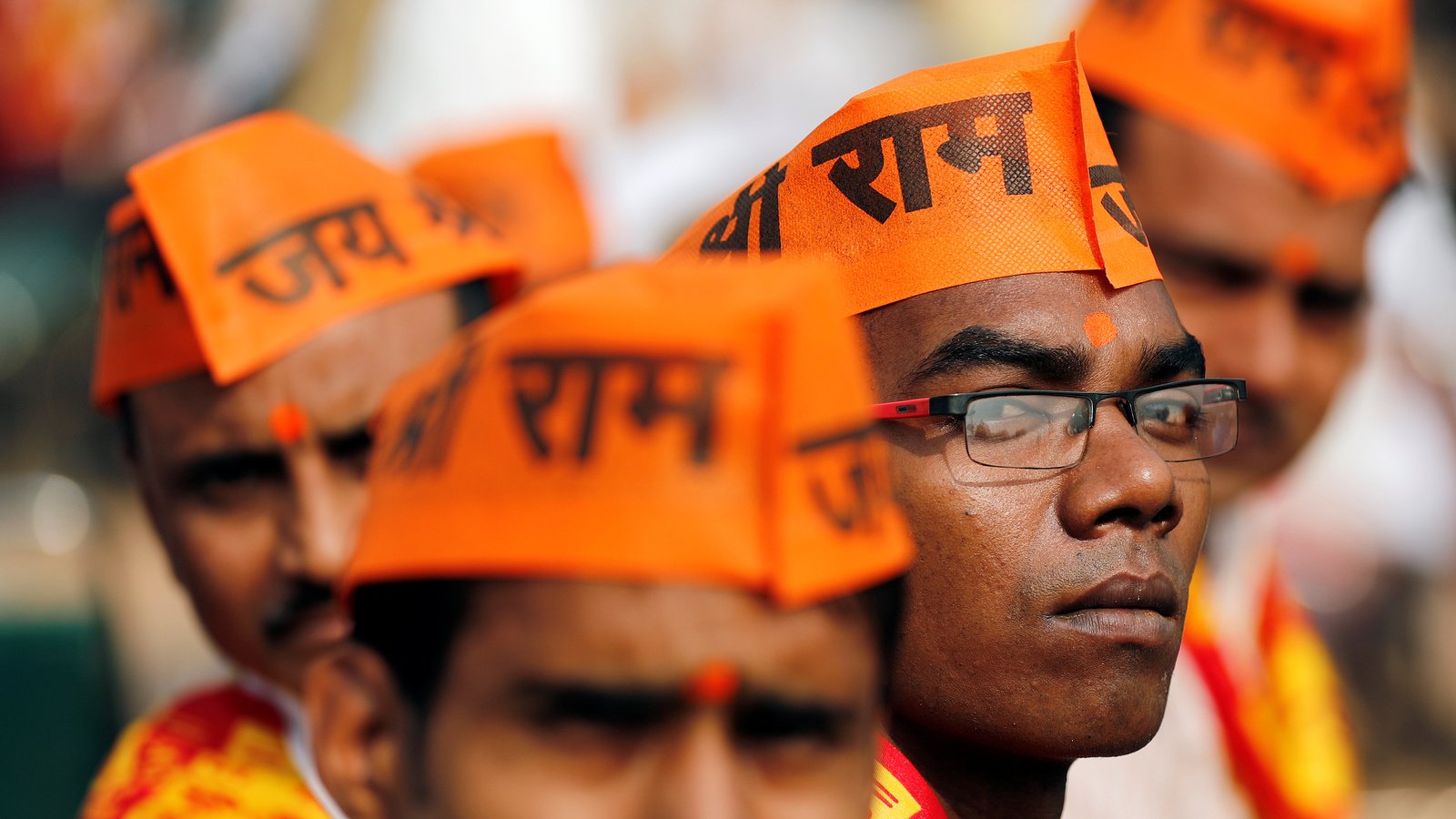Nationalism is on the rise worldwide. A new form of nationalism has emerged in the last decade that pits nativists, xenophobes, and populists against an increasingly globalized world. “Neo-nationalism” as the trend has become known is leading to increasing belligerence between nations and an uninformed suspicion of the “other” that could lead to far-reaching international confrontation.
Three countries exemplify this trend like none other, with deepening consequences to their national reputation and diplomatic standing in the world. India’s Hindu nationalism is leading to an economic boycott of its most important trade partner, the disastrous pandemic response in the US is diminishing its standing, and Israeli nationalism is bringing it ever closer to annexation.
US nationalism meets COVID-19
For decades US politicians have considered their country to be the best of all, solely based on GDP and military might. Even though the US slipped in important metrics, including education and healthcare, it remained a taboo for politicians to declare the US anything but number one. The US is now not even in the top 10 in most fields that would be considered to be signs of “being the best.”
The US now ranks 27th in education in health, down from 6th place in the 1990s. The country is the 19th happiest country, and the 42nd most corrupt. The country is now the 27th in social mobility, which means that there are 26 countries where citizens are more likely to achieve the “American Dream,” or work their way up from poor to rich.
But amid this collapse of living standard and public services, amid a crumbling infrastructure that needs $4.5 trillion worth of repairs and maintenance before 2025, American nationalism has maintained the fiction that the US is the best country in the world. This mistaken analysis was evident in its approach to COVID-19 that has now cost 125,318 American lives.
The US has considered its privatized and decentralized healthcare system more than capable of resisting a shock that caused much more accessible healthcare systems in Western Europe to tremble. The country’s misplaced nationalism meant little extra effort was mobilized even as evidence of the pandemic’s severity emerged from Europe, leading to a disastrous and deadly failed response that has severely diminished the US’ standing in the world.
Israeli annexation fueled by nationalism
There are few people in the world as familiar with the dangers of unfettered nationalism than the Jewish diaspora. The rise of nationalism in Europe led to increasing antisemitism that concluded in the barbarous mass murder of millions of innocent Jewish people. But history is doomed to repeat itself as Israeli hardliners now fuel a similar type of nationalism within their own nation.
Far-right media continuously turn the native Palestinians into a dangerous “other” and push the country further right. Israeli neo-nationalism is visible on a daily basis in publications such as the Netanyahu-aligned newspaper Israel Hayom, and more mainstream publications such as the Jerusalem Post or the Times of Israel regularly feature highly problematic opinion pieces.
One feature of neo-nationalism that is visible from Hungary’s Prime Minister Victor Orban to Brazil’s President Jair Bolsonaro is the rapid mainstreaming of nationalist thinking. By employing marketing strategies and exploiting social media, neo-nationalists create a world of alternative facts for their supporters.
The world of alternative facts has turned UN-declared illegal settlers into “brave pioneers” and oppressed native people into “dangerous terrorists.” iI has turned the country’s nationalists against the United Nations, through which Israel was founded in the first place. Now misplaced nationalist zeal could lead Israel to commit a blatant violation of international norms and turn itself into a global pariah as nationalists urge Netanyahu to go further and annex even more Palestinian land.
Indian radical nationalism
India’s Hindu nationalists are transforming their country away from the legacy of Gandhi and Nehru and into a dangerously volatile chaos of misinformation, mob violence, and an increasing war fervor against neighboring China. India’s media has enthusiastically whipped up resentment and even violence against local minorities, blamed COVID-19 on local Muslims, and framed an undisciplined scuffle between border troops as a casus belli.
Indian neo-nationalism is likely the most entrenched form of the trend found globally. Mainstream politicians, news reporting, and the government itself continuously misinform and manipulate public frustrations.
The rise of mainstream nationalist fervor could be seen in Indian Prime Minister Nahendra Modi’s 2019 electoral campaign. After his first successful campaign focused on economic development, whipping up nationalism proved easier to deliver. “We were nationalist, we are nationalists and we will remain nationalists,” he said in a campaign speech.
Similar to neo-nationalism in Israel and the US, Indian nationalism is producing a dangerous feedback loop that could turn disastrous.
When a hand-to-hand fight between a few dozen Chinese and Indian border troops led to casualties, there was no critical media left to see the event as what it was. Troops showing poor discipline that should have been court-martialed instead became national martyrs as ill informed masses cried for war against a country with a far superior military and economy.
Divide and conquer
In the end neo-nationalism serves but one purpose: It masks the negative effects our global neoliberal economics have on the poor and middle classes and instead pitches them against each other. By fueling resentment and hatred of the “other,” neoliberal leaders such as Modi, Netanyahu, and Trump can hide the continuous wealth transfer from the poor and working classes to the rich.
Misinformed working-class Indians, Israelis, and Americans have much more in common with those who they are manipulated into hating, than the millionaires and politicians that foment this discord. Neo-nationalism has become the favored approach by politicians who can no longer promise economic development through neoliberalism, as that theory has again and again been roundly disproved.
“Divide and conquer” appears to be the political mantra of our era, with potentially disastrous consequences for us all.










